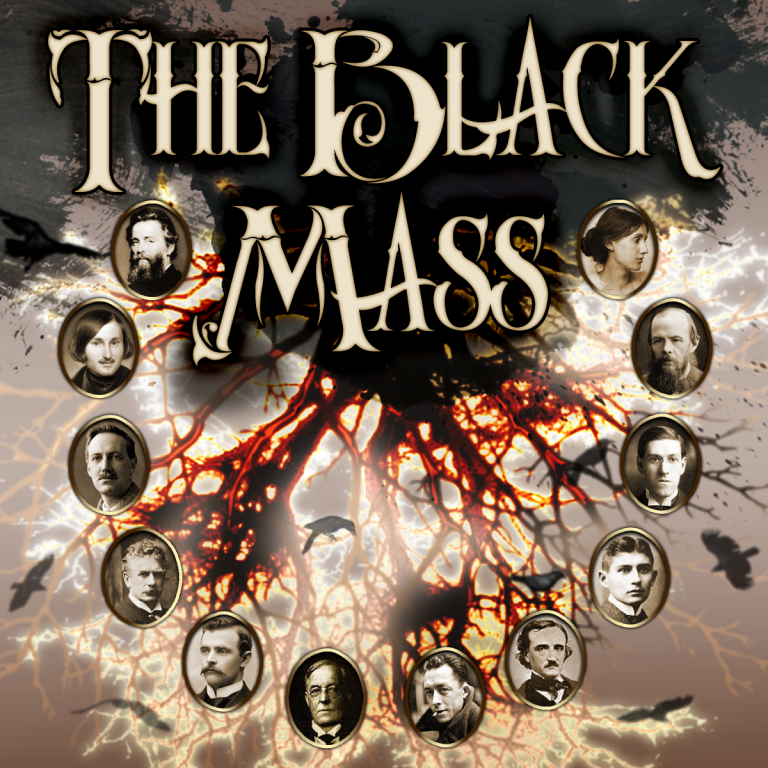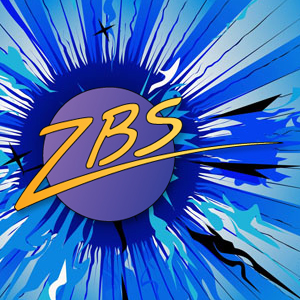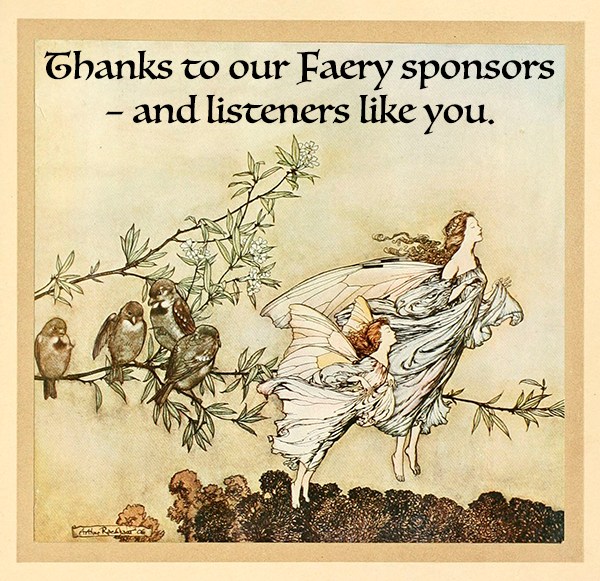The Black Mass: Fridays at 4pm Pacific

Every Friday at 4pm Pacific time (midnight Fri/Sat GMT), join us for an episode from the landmark radio drama series The Black Mass, created at the Pacifica radio station KPFA in Berkeley, California, over fifty years ago. In 30 chilling tales of mystery, imagination and the human mind, The Black Mass brings you some of literature’s most haunting stories, by masters of the craft.
Realised with the minimum of audio equipment, the performances were quite remarkable and trod ground seldom covered by radio drama before — or since. The series includes a little over 30 episodes of eight to 30 minutes each. They will be randomly selected for broadcast.
Note that episodes will not start until the track playing at the top of the hour has finished, so the actual start time of the episode may be a few minutes after the hour.
John Whiting produced most of the episodes, and he writes:
“Black Mass was born in 1963, the brain-child of Jack Nessel, who was the Drama & Literature Director at KPFA in Berkeley, the first voluntarily listener-sponsored non-commercial FM station in the world. Jack suggested the idea to Erik Bauersfeld, who taught aesthetics and philosophy at the California School of Fine Art, and had recently begun to do readings of classic and modern literature for the station. Erik was not wildly enthusiastic, but thought that it might be interesting to search out some of the best stories of the supernatural by first-rate authors who did not normally write within that genre. Obligation soon became obsession.
“I was the station’s Production Director at the time and had already produced some rather elaborate radio dramas. Jack, already a friend before he joined the station, was aware of my childhood fondness for horror stories and suggested that I collaborate with Erik. Thus was born one of the most fruitful creative relationships in my life and, to this day, one of my closest friendships.
“A working pattern quickly evolved which thenceforth never varied. Erik would edit the stories to a workable length and, as resources permitted, adapt the dialog to a dramatic format. I would then record him reading the text in the studio, with or without other actors, and he would take the tapes away to edit, which he did himself, often piecing them together word by word from almost infinite retakes.
“Once the text was assembled, we would reserve a night in the main studio to put the program together with music and sound effects. Sometimes these were plotted in advance in great detail, sometimes not. Usually I would have a chance to hear the voice track before the production session.
“Because of extreme demands on studio time, each adaptation was begun in the early evening, after the news had gone out, and carried on until it was completed, usually some time in the wee small hours. The most remarkable aspect of this collaboration was that we soon discovered that, when it came to radio production, we had a single brain between us. When Erik made a suggestion, I immediately saw that it was the obvious way to proceed; when I suggested a sonic framework, Erik would declare that it was exactly what he had had in mind. At the end of the session, we always left the studio with a tape which either of us would have been glad to put his exclusive name to. The happiest moments of all were between about 2 and 4 a.m., when we retired to Eric’s apartment in the Berkeley hills and quietly drank our way into oblivion on Erik’s excellent Tanquerey-based gimlets, knowing in our hearts that we had produced yet another masterpiece.”
Erik Bauersfeld passed away in 2016. Many thanks to John Whiting for access to the materials and for permission to broadcast them.
The Black Mass artwork was produced by Terry Lightfoot.



















